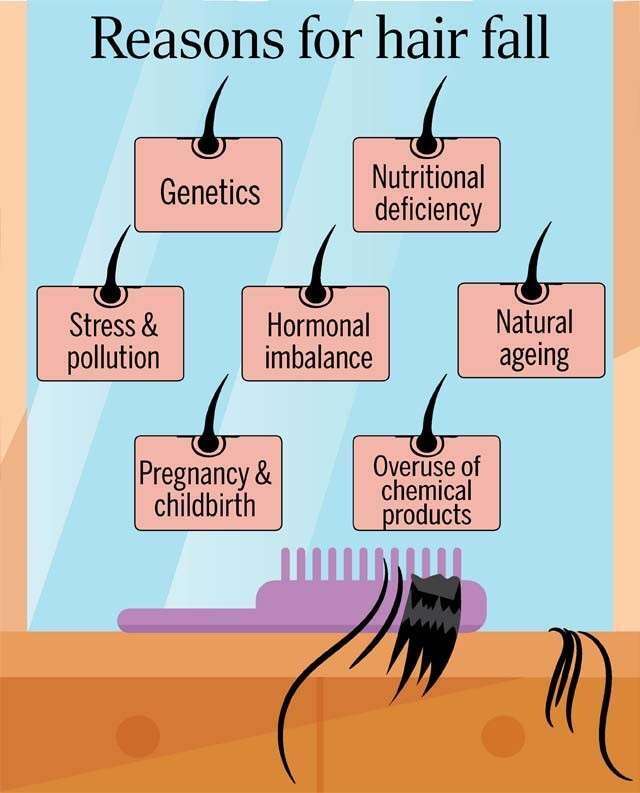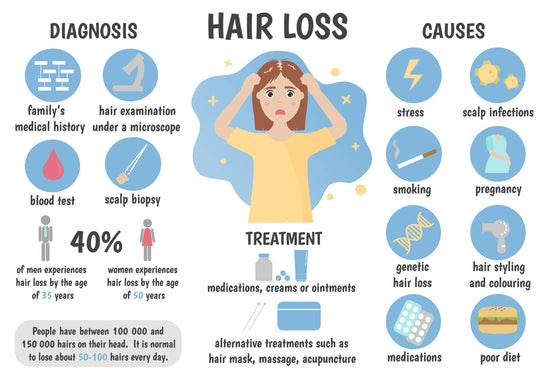Uncover the surprising truth about hair loss and find out what’s really causing your hair to fall out. Don’t miss out!

Image courtesy of cottonbro studio via Pexels
Table of Contents
Hey there! Have you been noticing a bit more hair in your brush or on your pillow lately? It’s a common concern that many of us face at some point in our lives. But don’t worry, we’re here to help shed some light on why your hair may be falling out. Let’s dive in and explore the different factors that could be contributing to your hair loss.
Genetics
When it comes to hair loss, genetics can play a major role. Have you ever looked at your family tree and noticed a pattern of baldness? That’s because genes can influence how likely you are to experience hair loss. Understanding your family history can give you a better idea of what to expect when it comes to your own hair health.
Hormonal Imbalance
Hormonal changes can also have a significant impact on hair loss. Whether you’re going through pregnancy, menopause, or dealing with conditions like polycystic ovary syndrome (PCOS), fluctuations in hormones can affect the growth cycle of your hair. Testosterone, in particular, plays a key role in regulating hair growth and loss.
Poor Nutrition
They say you are what you eat, and that rings true for your hair health as well. A lack of essential nutrients, such as iron, biotin, and vitamins A and D, can contribute to hair loss. It’s important to maintain a balanced diet to ensure your hair is getting the nourishment it needs to stay strong and healthy.

Image courtesy of www.femina.in via Google Images
Stress and Anxiety
Ever heard of telogen effluvium? It’s a fancy term for hair loss caused by stress and anxiety. When you’re under a lot of pressure or experiencing emotional turmoil, your hair growth cycle can be disrupted, leading to increased shedding. Finding ways to manage stress, whether through exercise, meditation, or therapy, can help promote hair growth.
Medical Conditions
Underlying health conditions can also be to blame for your hair loss. Thyroid disorders, autoimmune diseases, and other medical issues can impact the health of your hair follicles. If you’re experiencing excessive hair loss, it’s important to consult with a healthcare professional to address any potential underlying causes.

Image courtesy of dslaboratories.com via Google Images
Medications and Treatments
Sometimes, the medications we take or the treatments we undergo can have unintended side effects, like hair loss. Chemotherapy is a well-known example of a treatment that can lead to hair thinning. If you’re concerned about the impact of medications or treatments on your hair, be sure to discuss your options with your healthcare provider.
Lifestyle Factors
Your lifestyle choices can also influence the health of your hair. Smoking, excessive heat styling, and harsh chemical treatments can all take a toll on your hair follicles. Making healthier choices, like quitting smoking, limiting heat styling, and opting for gentler hair care products, can promote hair growth and minimize damage.
So, there you have it – a closer look at why your hair may be falling out. Remember, everyone’s hair journey is unique, and what works for one person may not work for another. If you’re concerned about your hair loss, don’t hesitate to reach out to a healthcare professional for personalized advice and recommendations. Your hair deserves some TLC too!




